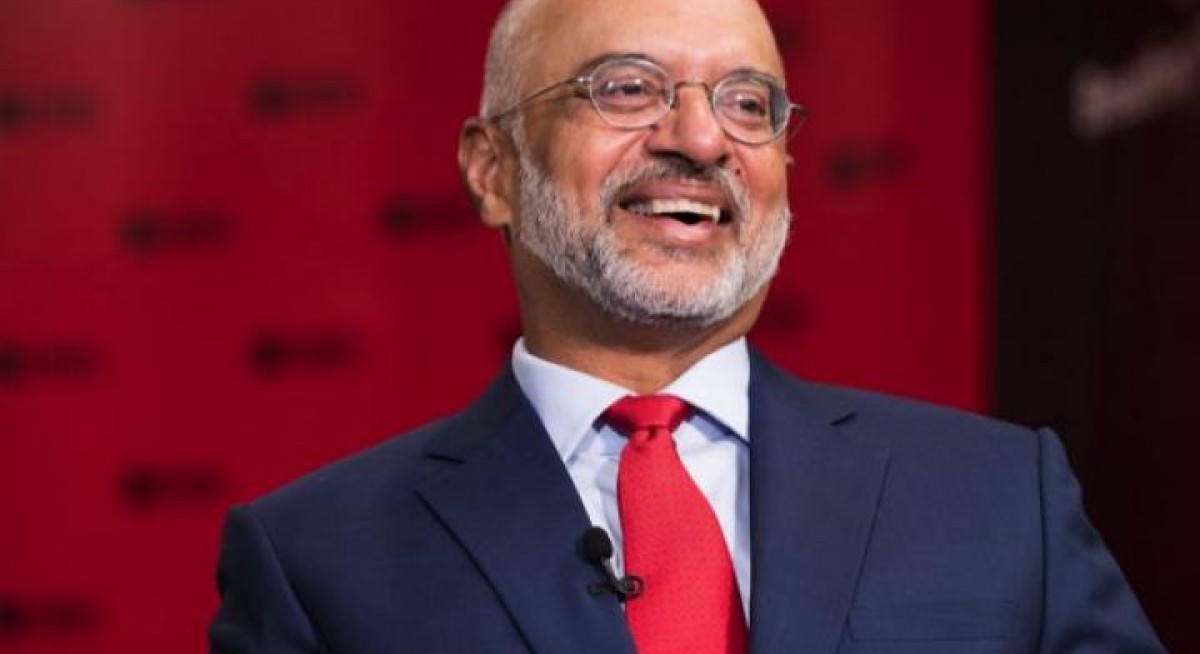Provided incumbent lenders have been upgrading their digital capabilities, any virtual banking newcomers shouldn’t be considered a threat, Gupta said. “To my mind, that’s just basically giving a few more banking licenses,” he added.
Among the firms to receive virtual licenses in Hong Kong, three have partnered with financial institutions such as Standard Chartered, BOC Hong Kong Holdings and ZhongAn Online P&C Insurance Co. Fintech firm WeLab Holdings has also received a Hong Kong banking license. The new entrants are targeting a market dominated by HSBC Holdings, which has a leading share of the local market for retail and corporate lending, mortgages and credit cards.
Virtual banks typically have lower operational costs than traditional lenders that rely on brick-and-mortar branch networks. Last month, Gupta told DBS’s annual shareholder meeting that a new digital bank could generate US$100 of income from a cost base a little above US$30. In contrast, DBS’s cost-to-income ratio stood at 44% last year.
Level Playing Field
In the interview, Gupta said he’d only see a problem in Singapore if virtual banks are allowed to operate on more lenient terms than the incumbents, for example in terms of the capital they are required to hold. “The real challenge is if the regulators create an unlevel playing field, and let the new bank licensees come in and do banking on different terms,” he said. But he said most regulators “don’t seem to be inclined” to do that.
Singapore’s banking landscape is dominated by the three local lenders – DBS, Oversea-Chinese Banking Corp and United Overseas Bank – though foreign firms such as HSBC and Citigroup also have branch networks.
Virtual licenses are “a broader banking policy that has to be studied carefully," Singapore’s Education Minister Ong Ye Kung, who sits on the MAS board, said in a parliamentary speech in January. “The real question is whether there are benefits for Singapore to increase the number of banks in Singapore by admitting primarily digital start-up banks,” Ong added.




